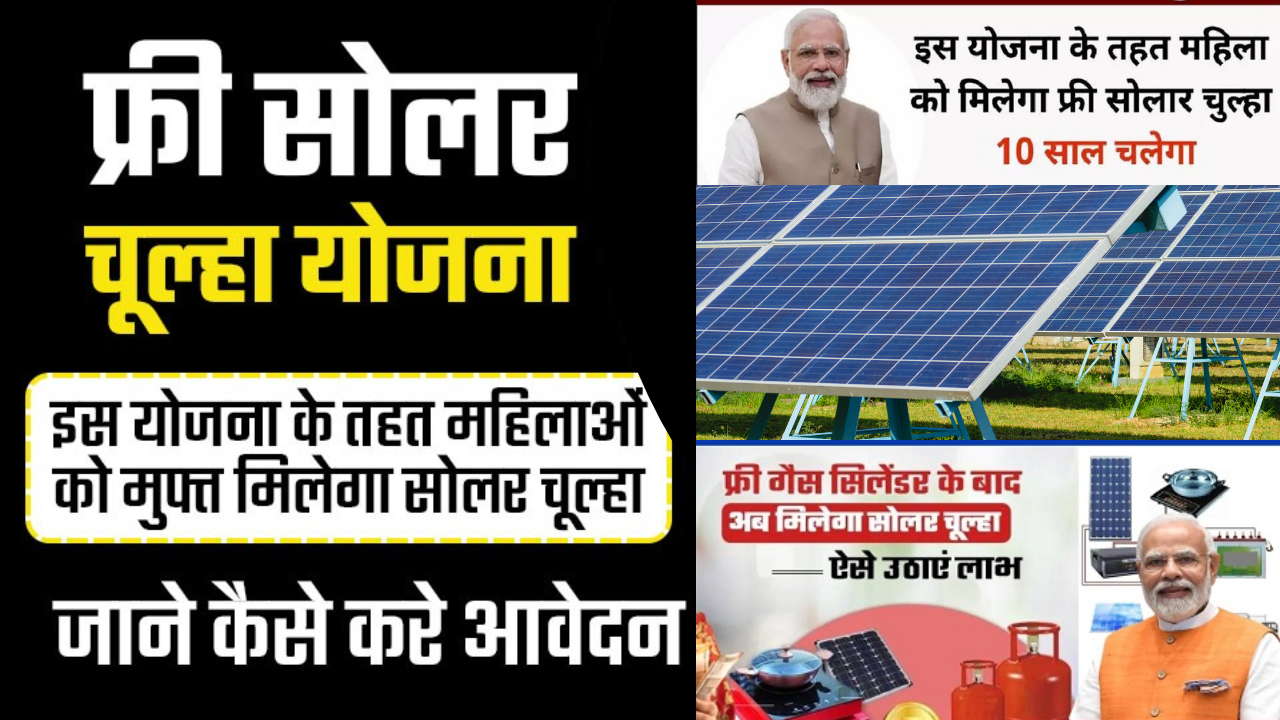Objectives and Goals
Benefits for Women Beneficiaries
Implementation Strategy
Who is Eligible for Free Solar Stove Distribution?
The qualifications to apply for the Free Solar Chulha Scheme typically involve meeting certain criteria set by the government or administering authority. Here are some common qualifications:
- Residency: Applicants must be residents of the designated area where the scheme is being implemented. Proof of residence such as a utility bill or Aadhaar card may be required.
- Gender: The scheme may specifically target women as beneficiaries. Therefore, women applicants may be prioritized or exclusively eligible.
- Income Criteria: Some schemes may have income criteria to ensure that benefits reach economically disadvantaged households. Applicants may need to provide proof of income or economic status.
- Age: There may be specific age criteria for eligibility, especially if the scheme targets specific demographic groups such as senior citizens or young adults.
- Household Status: The scheme may be aimed at particular household types, such as rural households or those without access to reliable energy sources.
- Documentation: Applicants will typically need to provide certain documents such as Aadhaar card, ration card, bank account details, and any other documents specified by the scheme’s guidelines.
These qualifications ensure that the benefits of the Free Solar Chulha Scheme are targeted towards those who genuinely need and can benefit from the initiative, while also ensuring transparency and accountability in the distribution process. It’s important for potential applicants to check specific eligibility criteria set by the scheme’s implementing authority to ensure compliance before applying.
Apply Now :
List of Documents Required for Free Solar Chulha Yojana
- Proof of Identity: Aadhaar Card, Voter ID, Passport, or any other government-issued ID card.
- Proof of Residence: Recent utility bill (electricity, water, gas), Aadhaar Card with current address, or any other valid proof of address.
- Income Proof: Depending on the scheme, applicants may need to provide income-related documents such as a recent income certificate, BPL (Below Poverty Line) card, or any other document indicating economic status.
- Bank Account Details: Proof of bank account such as a canceled cheque, bank passbook copy, or bank statement.
- Photograph: Passport-size photograph of the applicant.
- Other Documents: Any additional documents specified by the scheme’s guidelines, such as caste certificate (if applicable), disability certificate (if applicable), or any specific form provided by the scheme.
How to Apply for the Free Solar Stove Scheme
Applying for the Free Solar Chulha Scheme involves a straightforward process to ensure eligible individuals can benefit from renewable energy solutions. Here’s a step-by-step guide to the application process:
- Check Eligibility: Review the eligibility criteria outlined for the Free Solar Chulha Scheme. Ensure you meet the residency, income, and other specified requirements.
- Gather Required Documents: Collect necessary documents such as proof of identity (Aadhaar card, voter ID), proof of residence (utility bills), income certificate (if required), bank account details, and any other documents specified by the scheme.
- Visit the Nearest Government Office: Locate the nearest government office or designated center where applications for the Free Solar Chulha Scheme are accepted.
- Obtain and Fill Application Form: Obtain the application form from the designated office or download it from the official website of the scheme. Fill in all required details accurately.
- Attach Documents: Attach photocopies of all required documents with the filled application form. Ensure all documents are legible and properly arranged.
- Submit Application: Submit the completed application form along with the attached documents to the designated authority or office. Double-check that all fields are filled correctly to avoid delays in processing.
- Application Verification: The authorities will verify the submitted application and documents. This may involve field visits or further verification steps to confirm eligibility.
- Approval and Installation: Once your application is approved, you will be notified by the authorities. The installation of the free solar chulha (stove) will be scheduled at your residence or designated location as per the scheme’s guidelines.
- Training and Demonstration: Attend any training sessions or demonstrations organized by the scheme administrators on how to use and maintain the solar chulha effectively.
- Feedback and Support: Provide feedback on the scheme’s implementation and avail any support services offered by the government for the maintenance or troubleshooting of the solar chulha.



